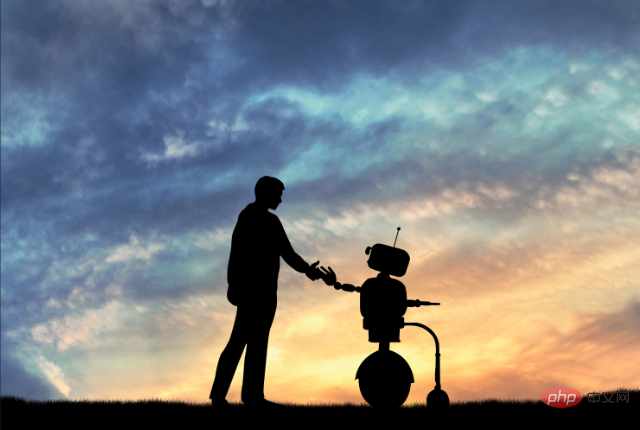

News on April 3rd, some photos of former US President Trump being arrested by New York police recently appeared on the Internet, which attracted the attention of many people. However, these photos are not real, but synthetic images generated by artificial intelligence (AI) technology.

Experts caution that these composite images illustrate a new reality: During major events, social media can be flooded with false images and videos, further Confusing facts and misleading the public, it is urgent to deploy relevant technologies and formulate relevant policies to regulate similar technologies.
According to IT House’s understanding, these “Trump Arrest” photos were created by Elliot Higgins, the founder of the “Ringcat” website, an open source investigative media in the Netherlands, using AI painting tools. Produced by Midjourney.
Higgins said he wanted to visualize news about Trump’s possible arrest, so he used the text-to-image model Midjourney to generate some realistic-looking photos and posted them on Twitter share. The tweet was viewed nearly 5 million times in two days and received more than 79,000 likes.
Artificial intelligence experts say that while the technology to create and generate fake images is not new, the pace of advancements in the field and people's misuse of the technology are cause for concern. Munir Ibrahim of digital content analytics company Truepic said, "Synthetic content is evolving rapidly, and the gap between real and fake content is becoming increasingly difficult to distinguish."
"Fortune" magazine pointed out that various AI image generation tools are now within reach, and they can quickly generate a large number of lifelike pictures after users issue simple instructions. For example, Midjourney, a text-to-image model, can now generate images that mimic the style of photos taken by news organizations, so these AI-generated images have the potential to muddy the waters of a cluttered news environment.
Higgins believes that as synthetic images become increasingly difficult to distinguish between true and false, the best way to combat false visual information is to raise public awareness and strengthen education in this area. Social media companies can focus on Develop new technology that can identify AI-generated images and integrate this technology into its own platform.
The proliferation of false “Trump arrested” images on the internet also illustrates the lack of corporate standards or government regulations to address the use of AI to create and spread lies. Experts agree that Trump's high profile makes it easy for people to spot fake photos of him, but fake photos of ordinary people are not so easy to spot, and the technology to create fake photos continues to improve. Therefore, legislation is necessary to regulate the use of deep synthesis technology.
The above is the detailed content of Synthetic images generated by AI are rampant and difficult to distinguish between true and false. Experts call for policy supervision to be imperative. For more information, please follow other related articles on the PHP Chinese website!




